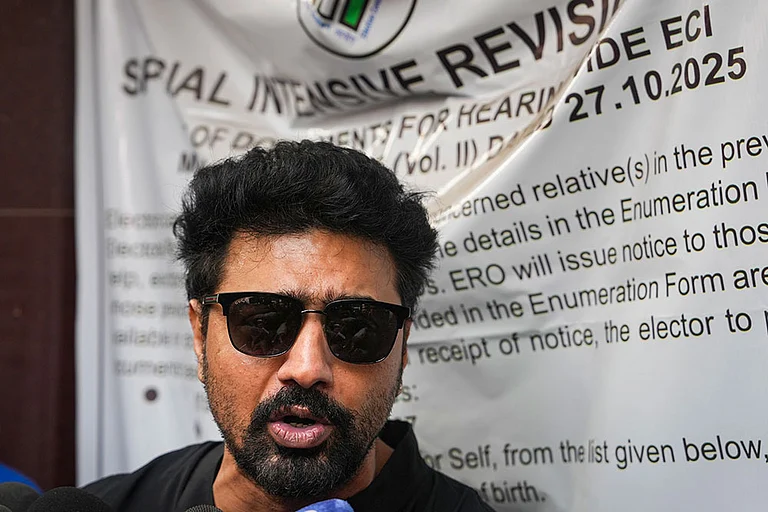The West Bengal government has decided to discontinue Kolkata's iconic 150-year-old tram service, except for a short heritage route from Maidan to Esplanade, according to Transport Minister Snehasis Chakraborty. Against this decision, tram lovers are planning to protest as Kolkata remains the only city in India where trams are still in operation.
Chakraborty explained that trams, which were first introduced in 1873 as horse-drawn carriages and now part of Kolkata's heritage, are no longer practical in the city's current traffic scenario.
"Trams are undoubtedly a part of Kolkata's heritage after their introduction in 1873 as horse-drawn carriages and played a crucial role in transportation in the previous century," Chakraborty said. However, he added that the increasing vehicular traffic and limited road space in the city make it difficult to continue operating trams.
"Trams cannot ply the roads along the same routes at the same time as it is leading to congestion," he noted, pointing out that Kolkata's roads account for only 6% of the city's surface area. The issue of trams is currently pending before the Calcutta High Court, and the government plans to make a submission in the next hearing. Last year, the high court suggested a public-private partnership (PPP) model to revive tram services in Kolkata, but services have already been discontinued on several routes.
Despite the decision to phase out trams, the government will preserve the heritage tram route between Maidan and Esplanade to provide an "environment-friendly ride." Additionally, Chakraborty emphasized the state's efforts to manage traffic and reduce pollution, stating, "The state government allows only those commercial vehicles to ply the roads that conform to the pollution norms and encourages the usage of electric vehicles, which is yielding results."
In response to the state's announcement, the Calcutta Tram Users Association (CUTA) strongly opposed the move. Environmental activist and tram enthusiast Somendra Mohan Ghosh argued that trams are not as slow-moving as claimed, with an average speed of 20-30 kmph, comparable to other vehicles in the city. "We will not let it happen. If the state government is serious about easing traffic congestion, it can remove encroachment and widen roads. Trams, which are non-polluting, are not slow-moving as their average speed is 20-30 kmph, which is the average speed of automobiles in the city," Ghosh said.
CUTA has launched a hashtag campaign to save Kolkata's trams and plans to demonstrate at five tram depots across the city. Kaushik Das, a CUTA member, urged the government to repair and maintain the unused tramcars that have been lying idle for years, saying, "If the government repairs and ensures regular upkeep of tramcars lying unused in several depots for several years, they can run the fleet in a smooth manner."
The decision to discontinue Kolkata’s iconic tram service, barring one heritage route, raises a complex question about the balance between preserving heritage and addressing modern transportation needs. Kolkata's trams are not just about transportation but about the city's identity, and any decision should carefully weigh the importance of both progress and preservation.
(This story has been slightly reworked from an auto-generated PTI feed.)



























